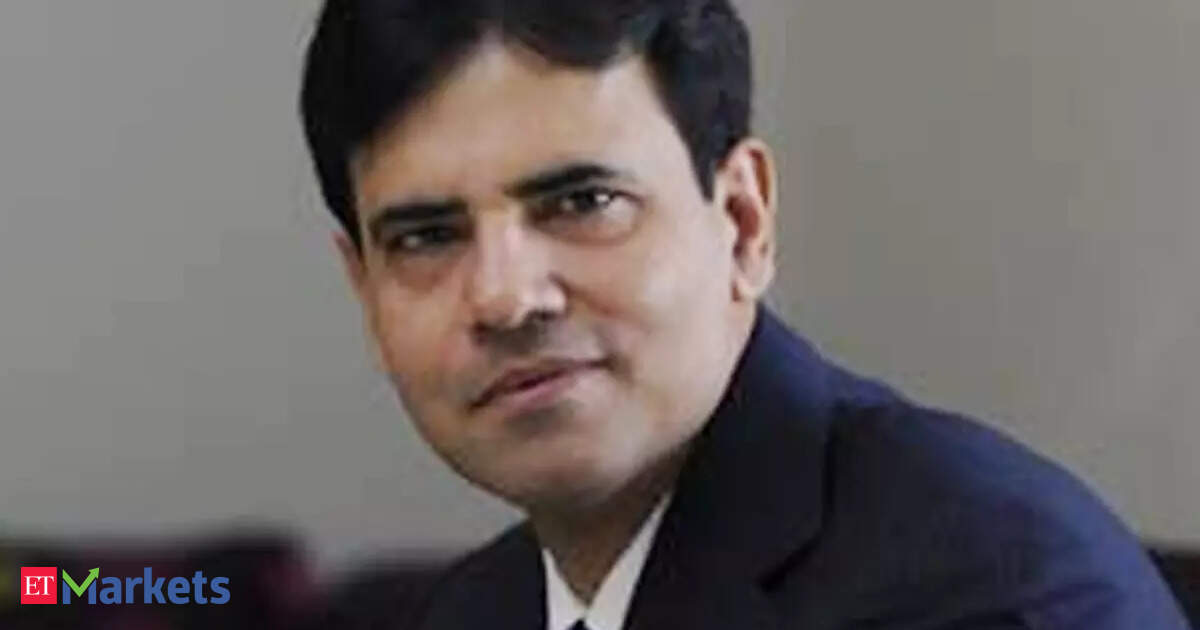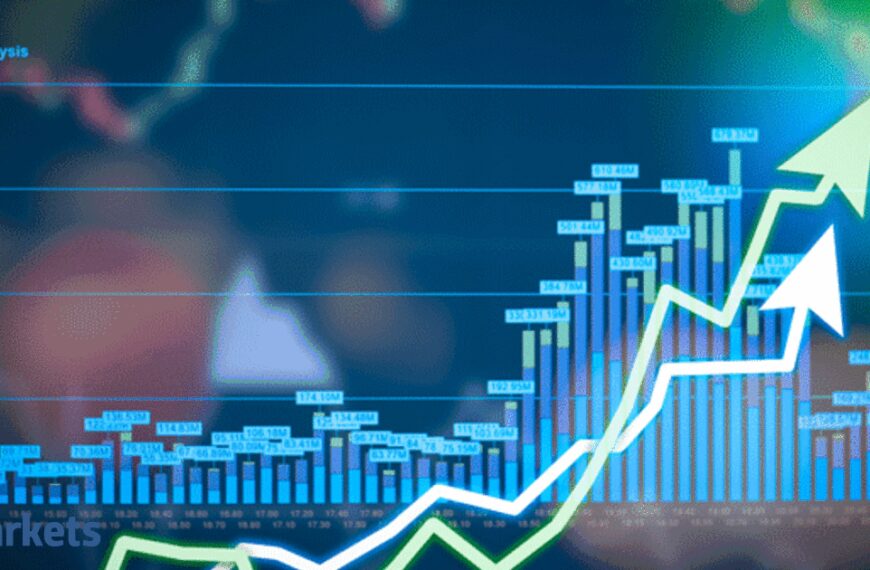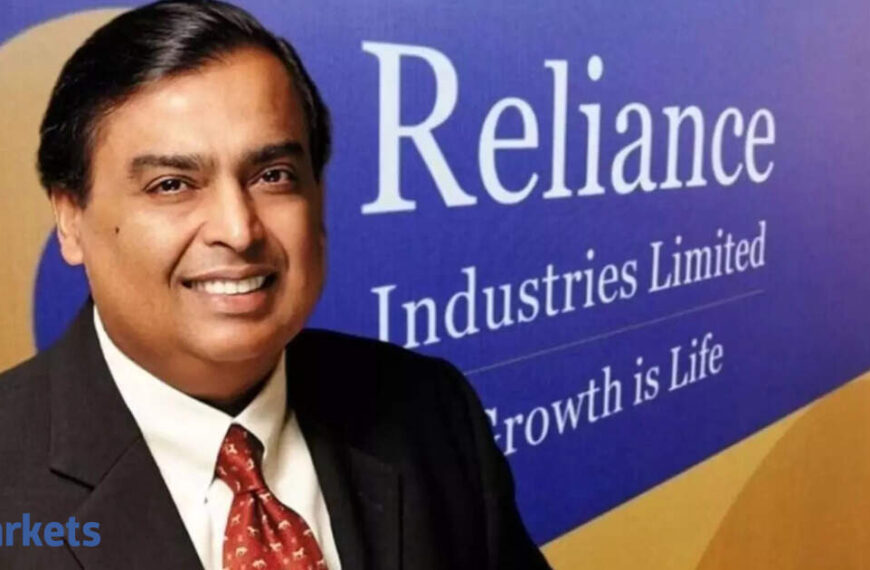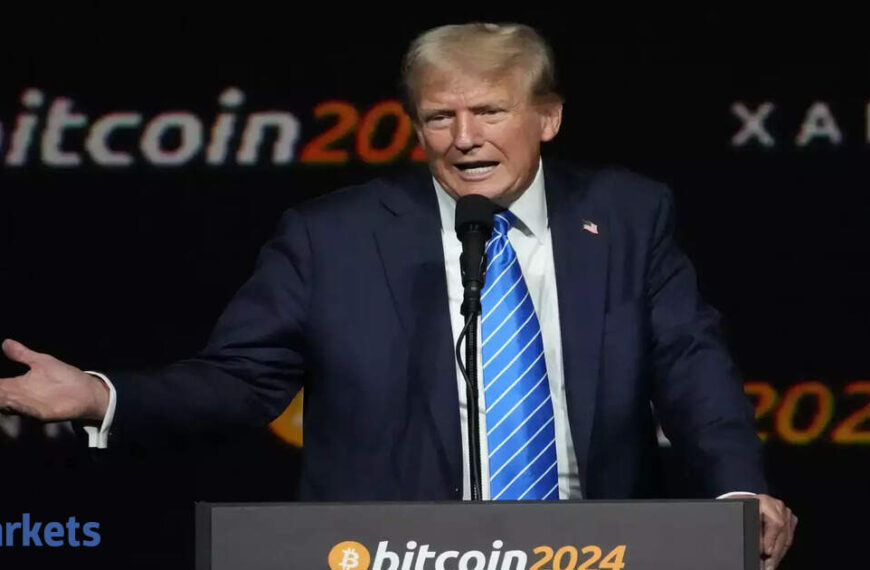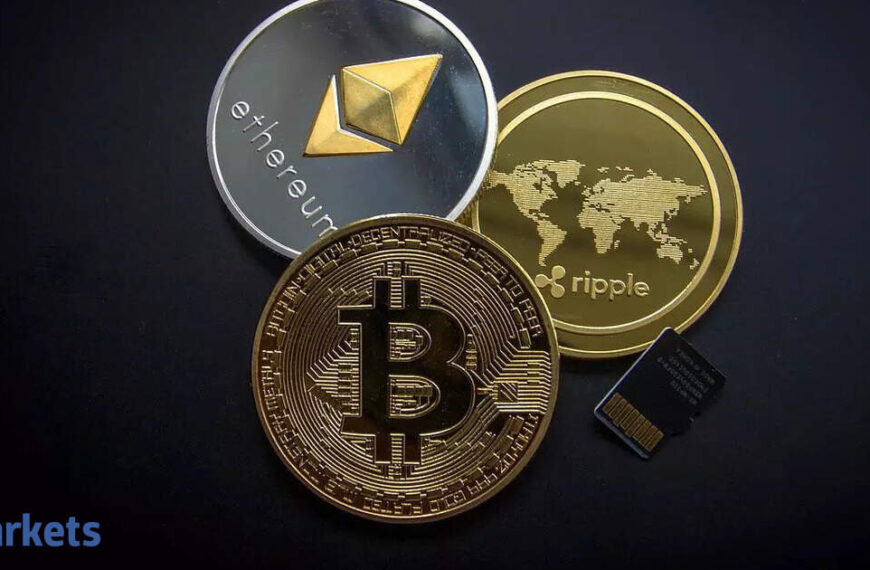It has already been a 12% spike that one has seen in crude in just the last one week alone. Do you think the markets have factored that in? Are we in for a rebound today or do you think this is going to be an elongated process what is going on in West Asia and how crude is likely to impact here on?
Sandip Sabharwal: Well, on the ground the market reactions both from the Israeli markets as well as Asian markets today reflect that people are taking this in their stride. We need to be somewhat weary because the conflict just started three-four days back and it could potentially last for longer and the actual repercussions will also need to be seen on the ground over the next one week. So, the best guess could be that it could prolong to around 10 days and to that extent it could create more volatility. Now, directionally, as far as macros go, as we have been discussing in the past, India is pretty well placed on most parameters.
The crude might have spiked 10%, but then it spiked 10-12% but it spiked from extremely depressed levels, like it had been continuously falling for months and to that extent the $72-73 barrel rate is not really either inflation creating or disruptive. But if it goes to 85-90 because of whatever reason, then the impact could be there. So, making estimates on how this crude spike will affect Indian inflation, CAD, etc, just on a few days movement I think that makes little sense.
So, overall, I would think that the market reaction show that the markets believe at this stage that the impact will be limited. It could be limited. It could have some more impact, but I do not think it will have a lasting impact. So, as an investment strategy any corrections are only buying opportunities.
If it spikes all the way to 85, then obviously we are likely to feel the heat?
Sandip Sabharwal: That will only happen if the Strait of Hormuz gets blocked. Otherwise, globally oil is very well supplied at this stage and there is no real shortage. So, the major spikes would typically happen if there is a real shortage and on top of that you get disruptions. So, speculating if it will go to 85-90 or if this entire conflict dies down in 10 days, whether it will fall back to 60, we do not really know. So, we will take a better bet or evaluate it further maybe after a week.
You made a valid point that if there are corrections in the market, they should be bought into, but question being what is it that you would recommend buying right now?
Sandip Sabharwal: So, it will be more of domestic oriented sectors like financial, banks, NBFCs, industrials which could include capital good companies, infrastructure companies, or on a reasonable correction even defence companies because they have not really corrected and this conflict is also only creating an upside bias for those stocks. So, then, at this point of time tough to find value, but eventually we could, and so these would broadly be sectors and then, if at all there is a broader sell off, then we could find opportunities in other sectors also.
Also, help us with your take on Sun Pharma because though our technical experts are liking pharma space for today, but specifically Sun Pharma is in the news flow for not a positive reason as USFDA has once again issued a form 483 to one of their key facilities that is Halol with eight observations. This number is looking quite big as of now though we are not aware of the kind of observations that USFDA has come out with, but this particular facility has been in the news flow and has been under the scanner of USFDA for almost a decade now with no significant respite coming in. What is your take on that?
Sandip Sabharwal: So, Sun Pharma is a stock we held for a very long time, but we have now exited last month because of the company’s increased expenditure on launching some products, etc, and some slowdown in some key products which we think could slow down earnings growth for the next 12 to 15 months. Now, this Halol project is very strange actually because they have been trying to resolve it for so long and it keeps on coming up under the scanner. So, I am not really sure what and why it happens because all these large companies have such key people to look at these aspects and they should actually not be failing any of their FDA inspections, but they regularly keep on failing. So, very tough to say. But it is a key facility I think for them, so there will be some impact.
